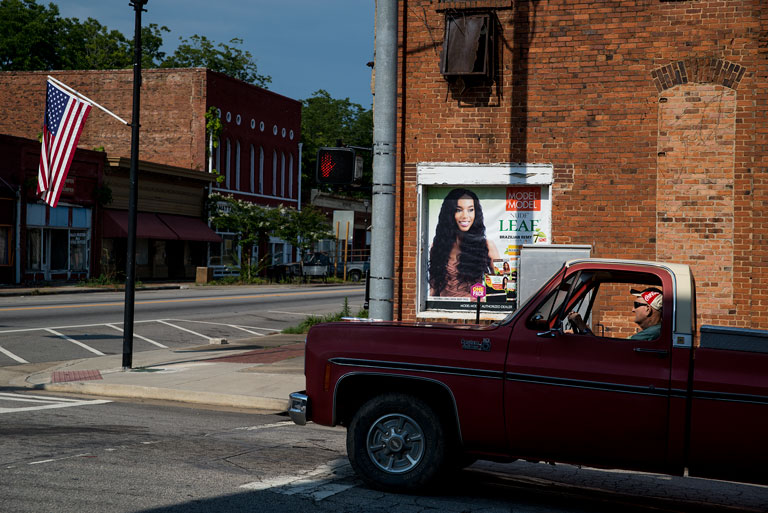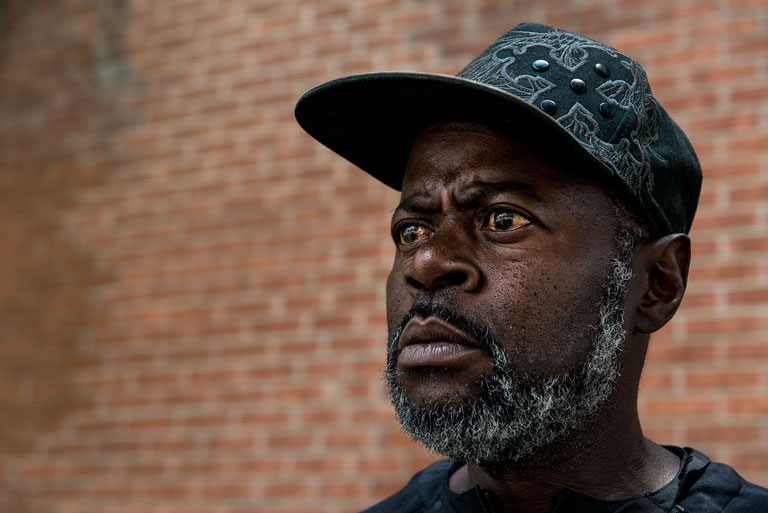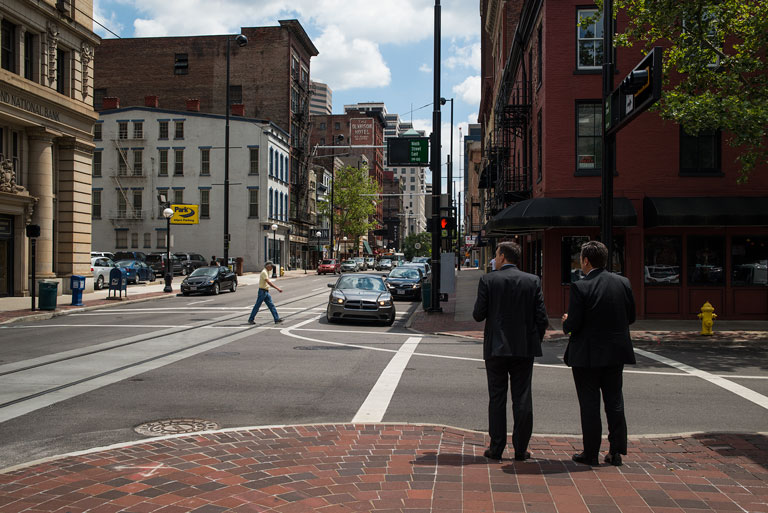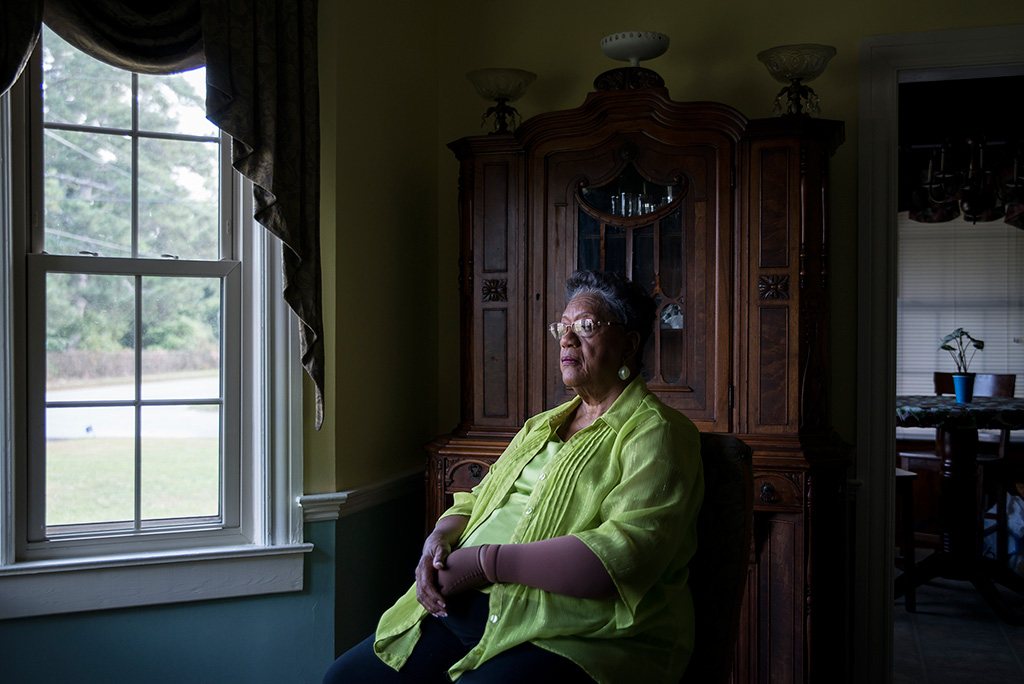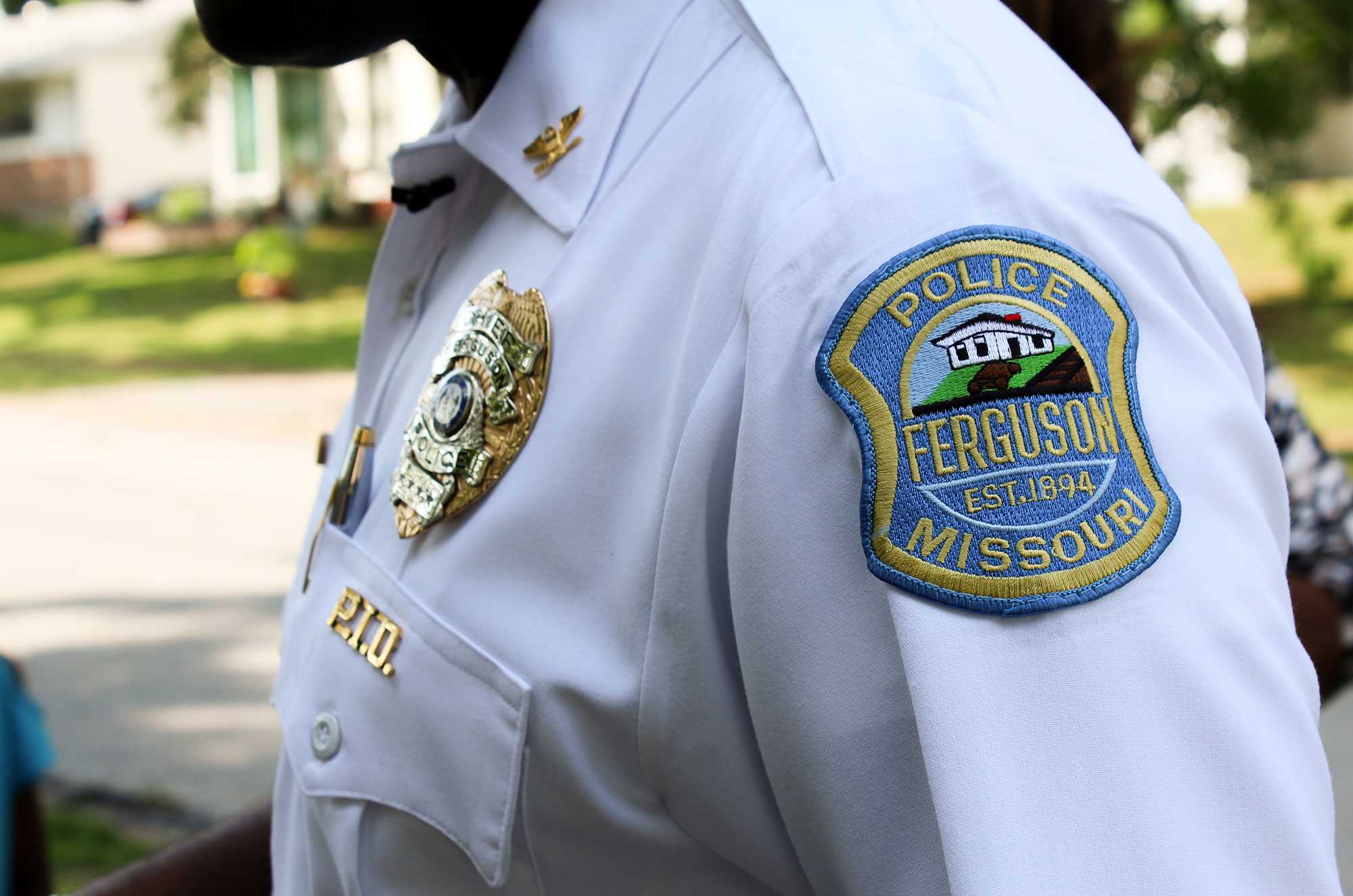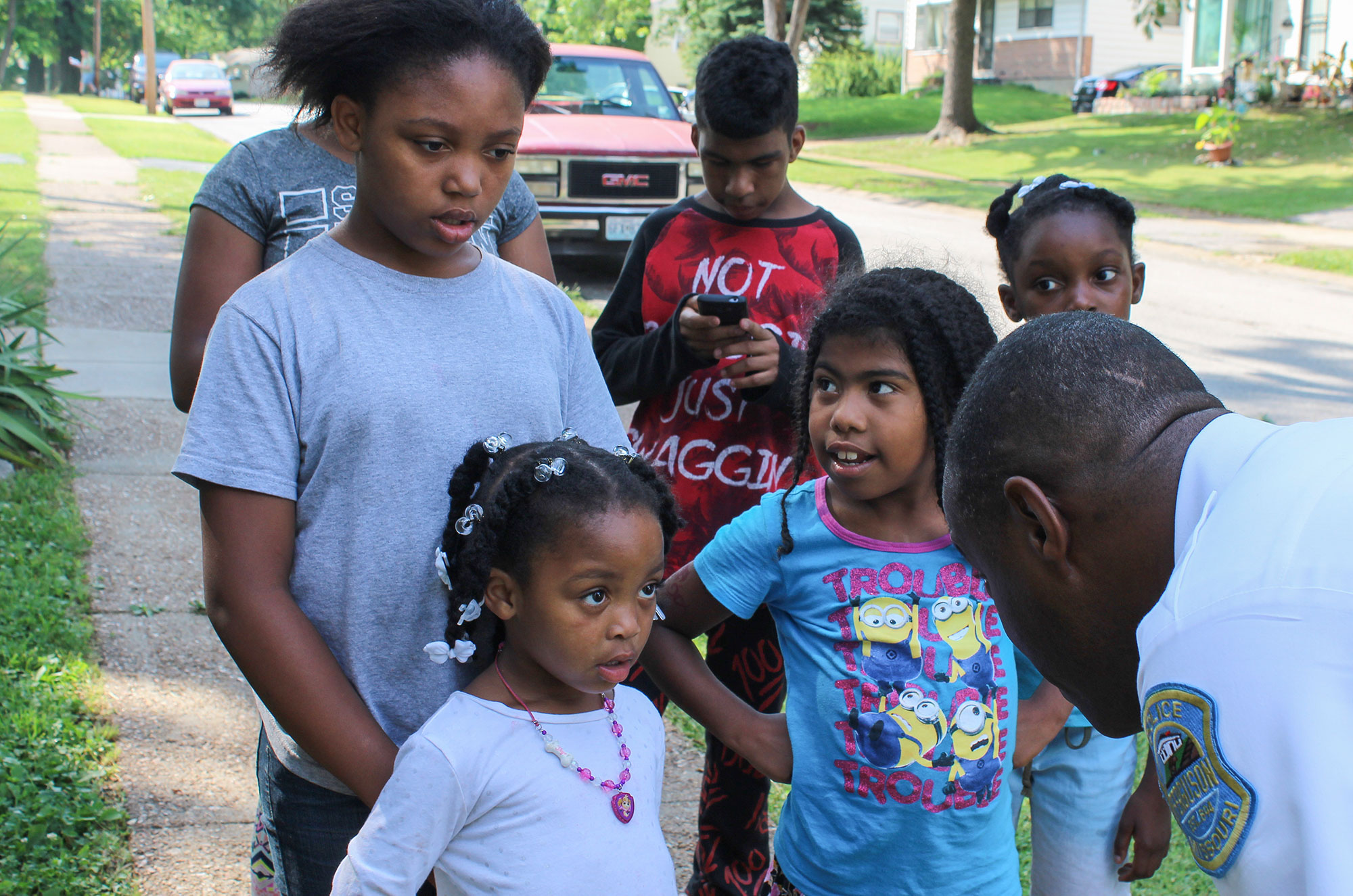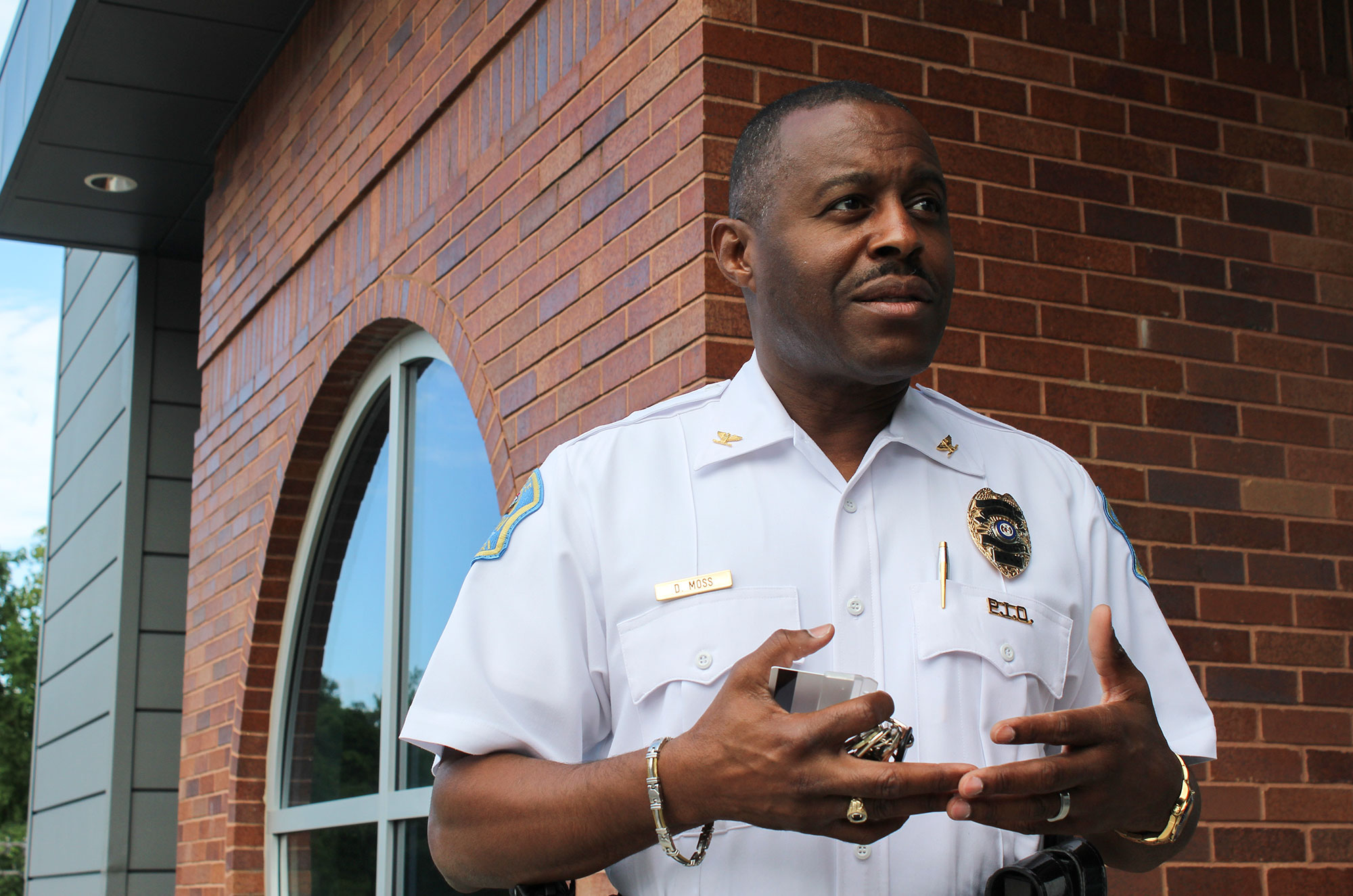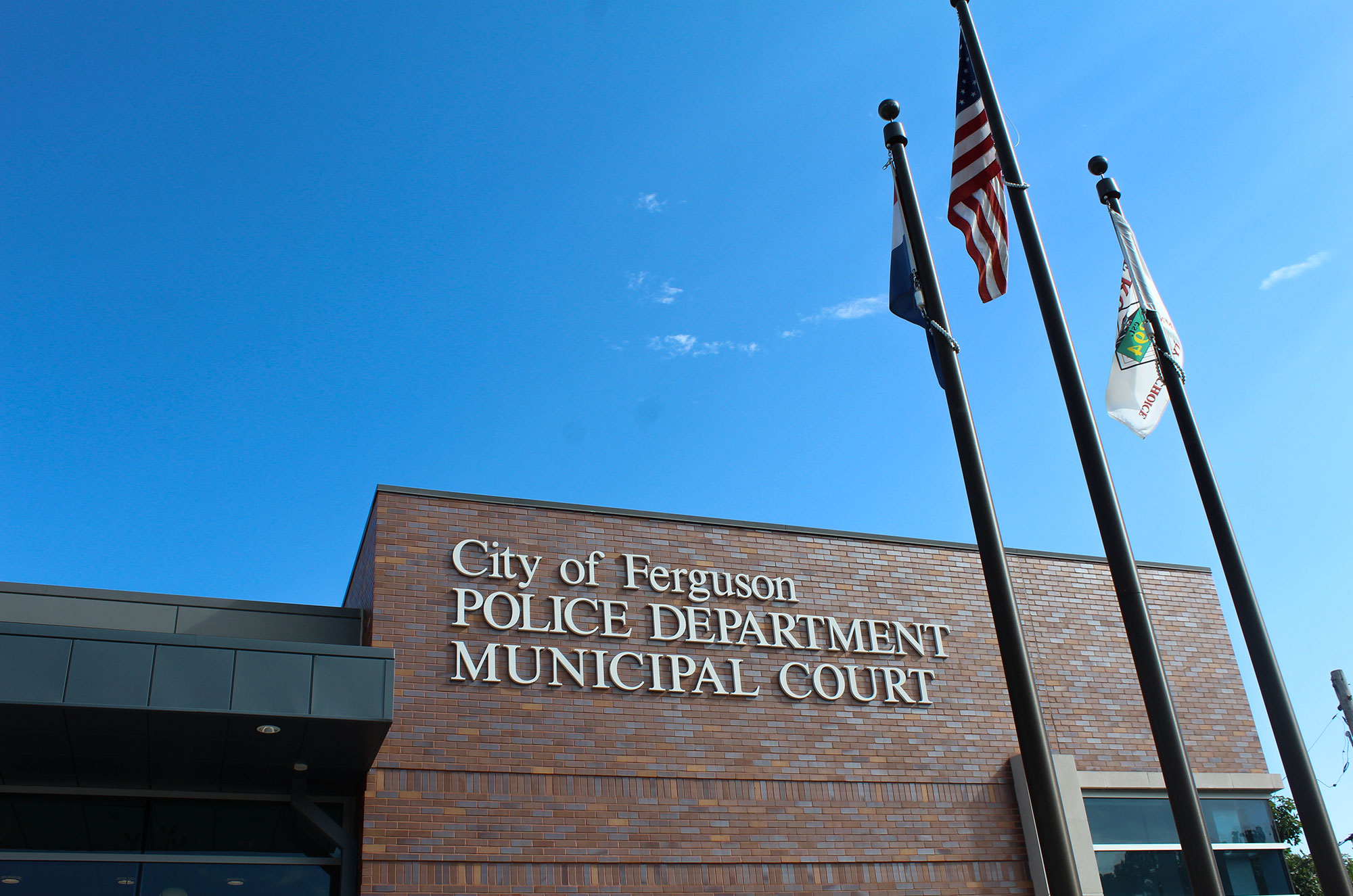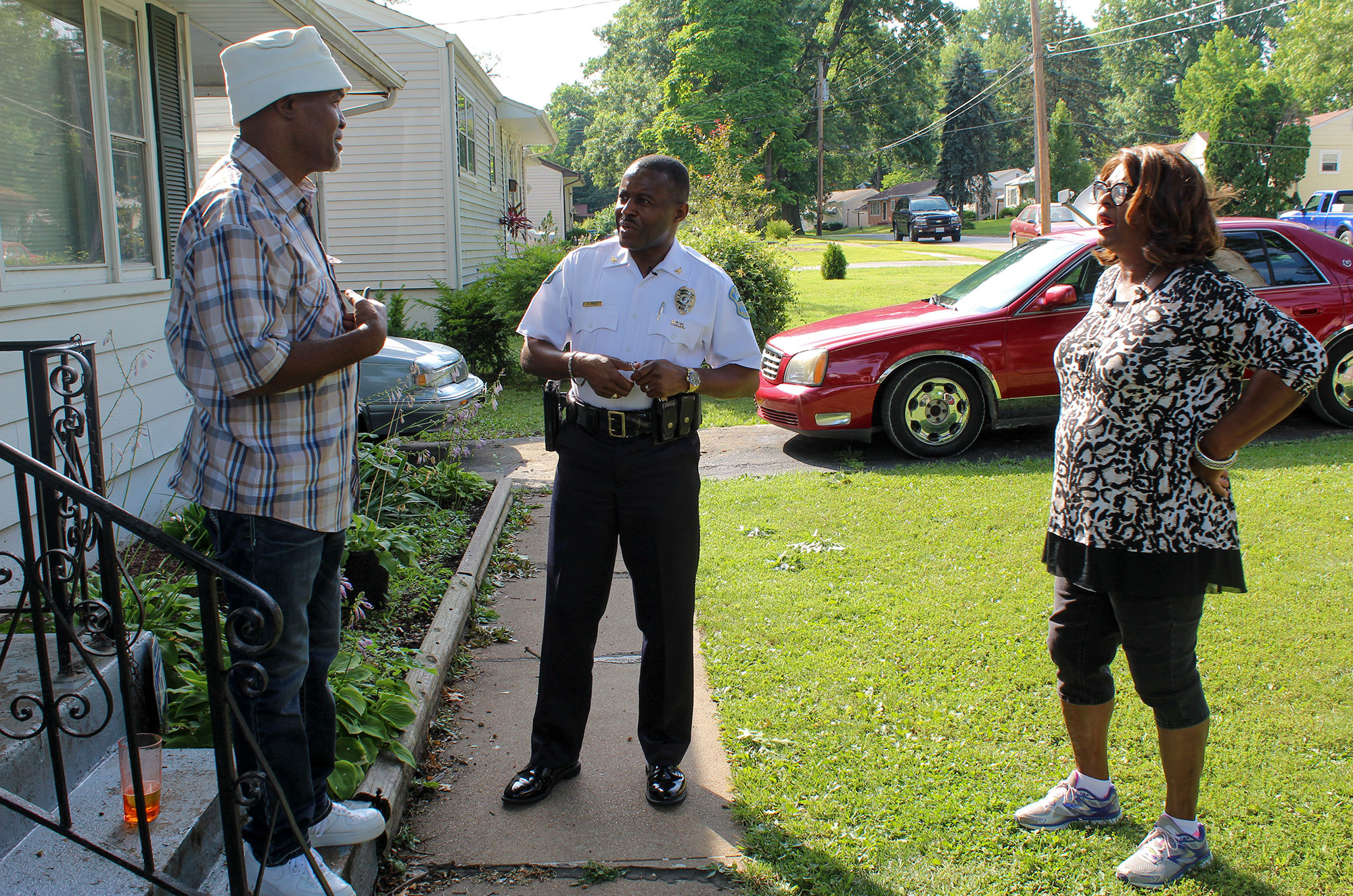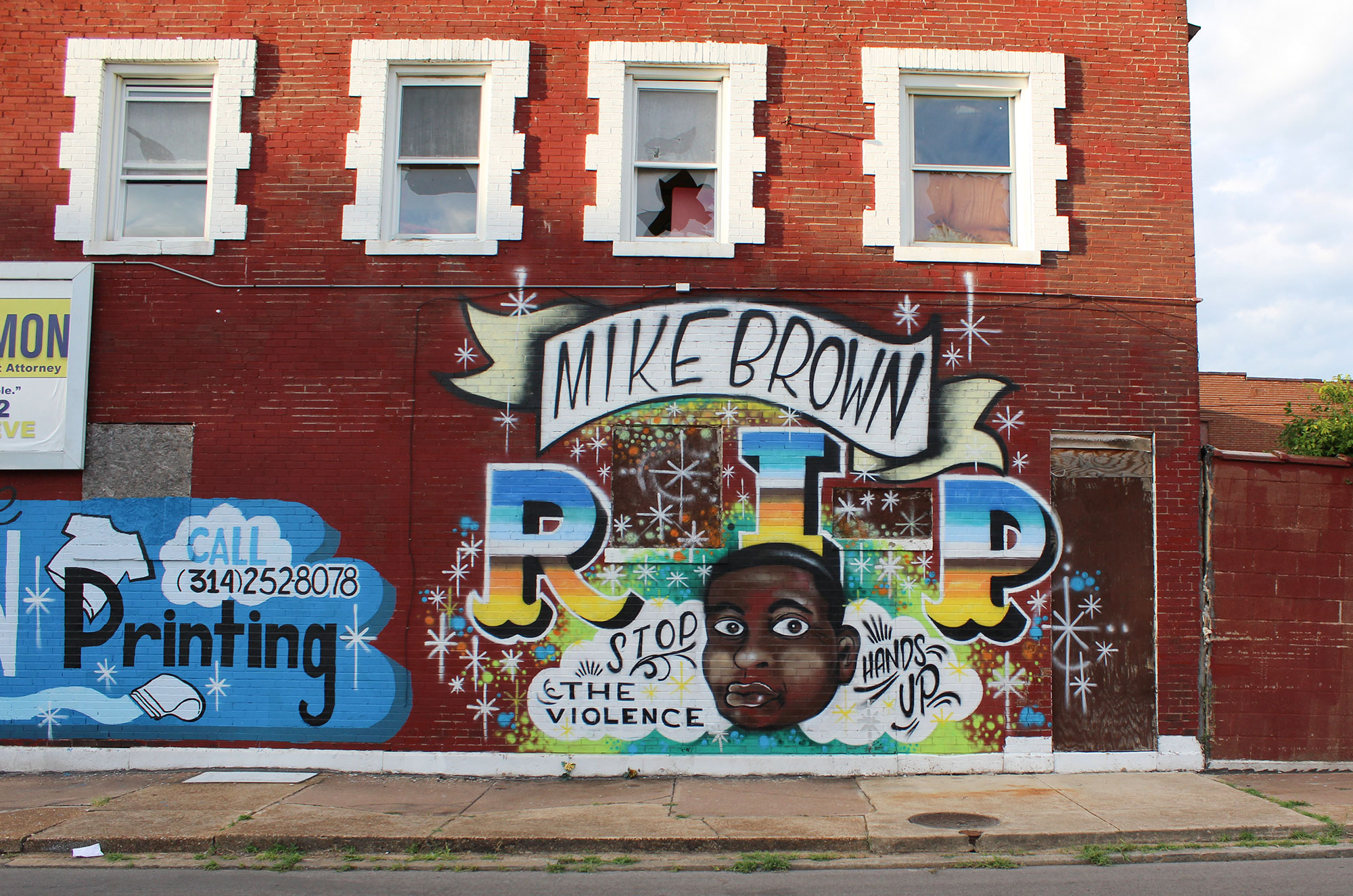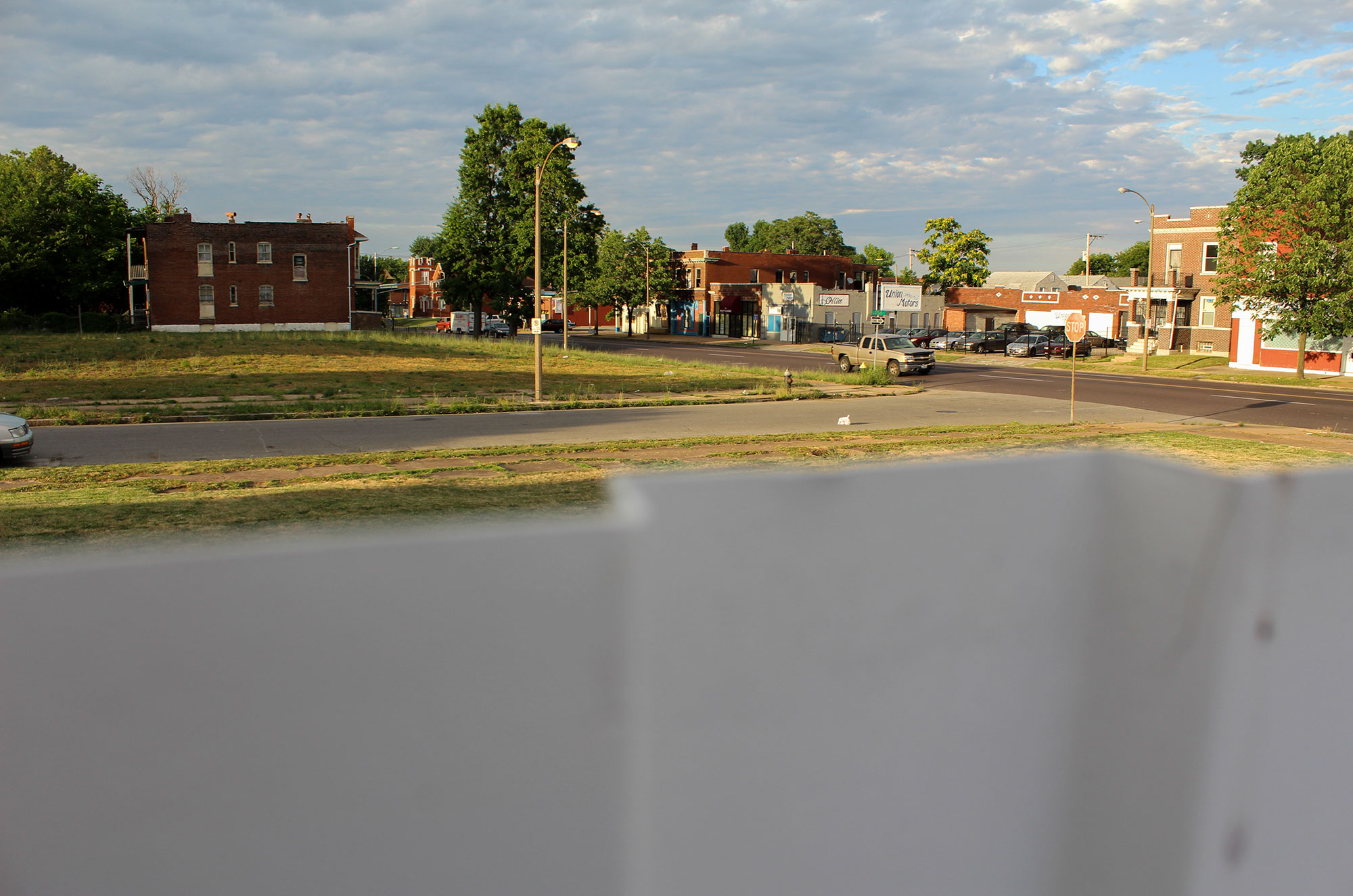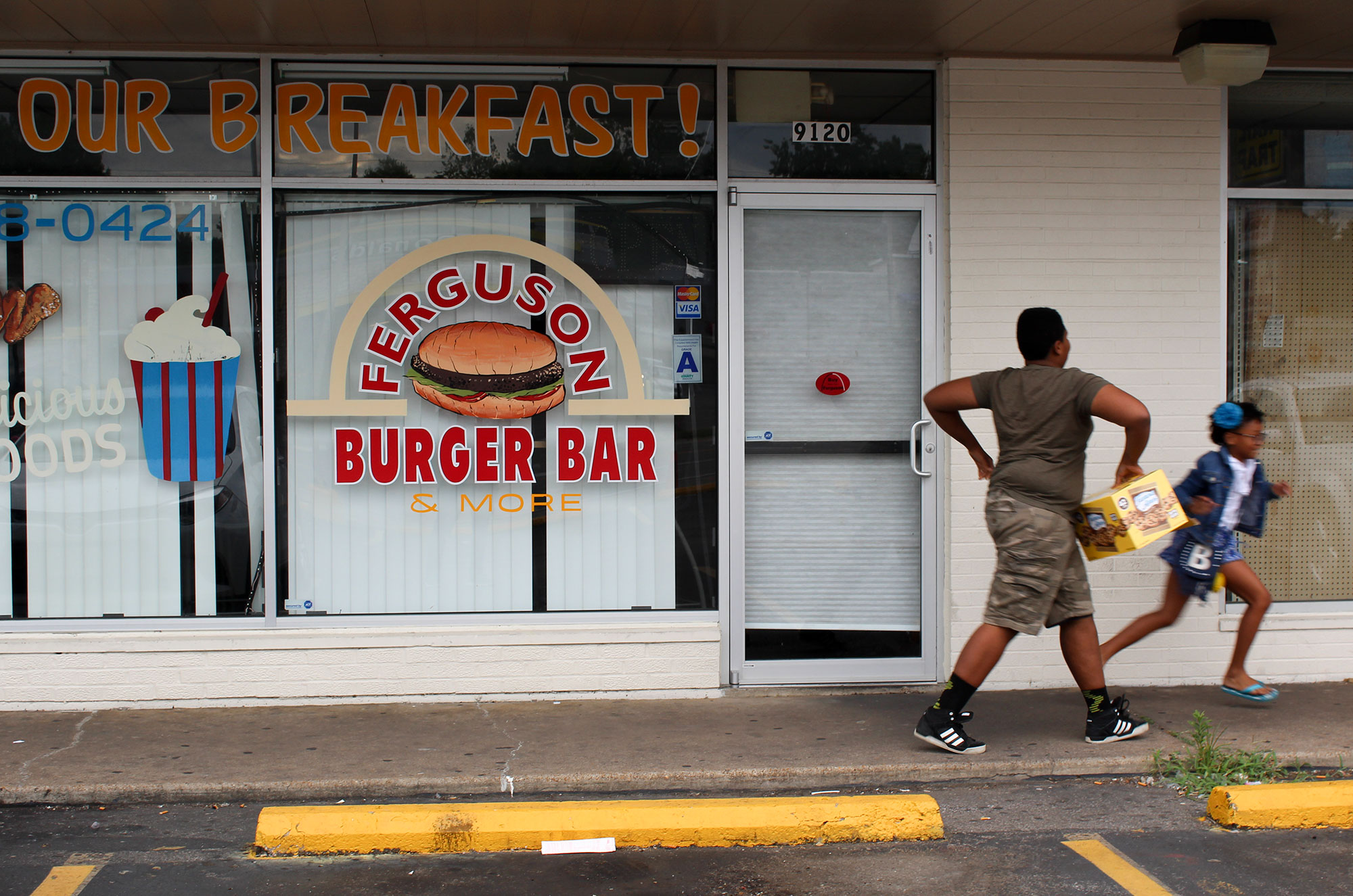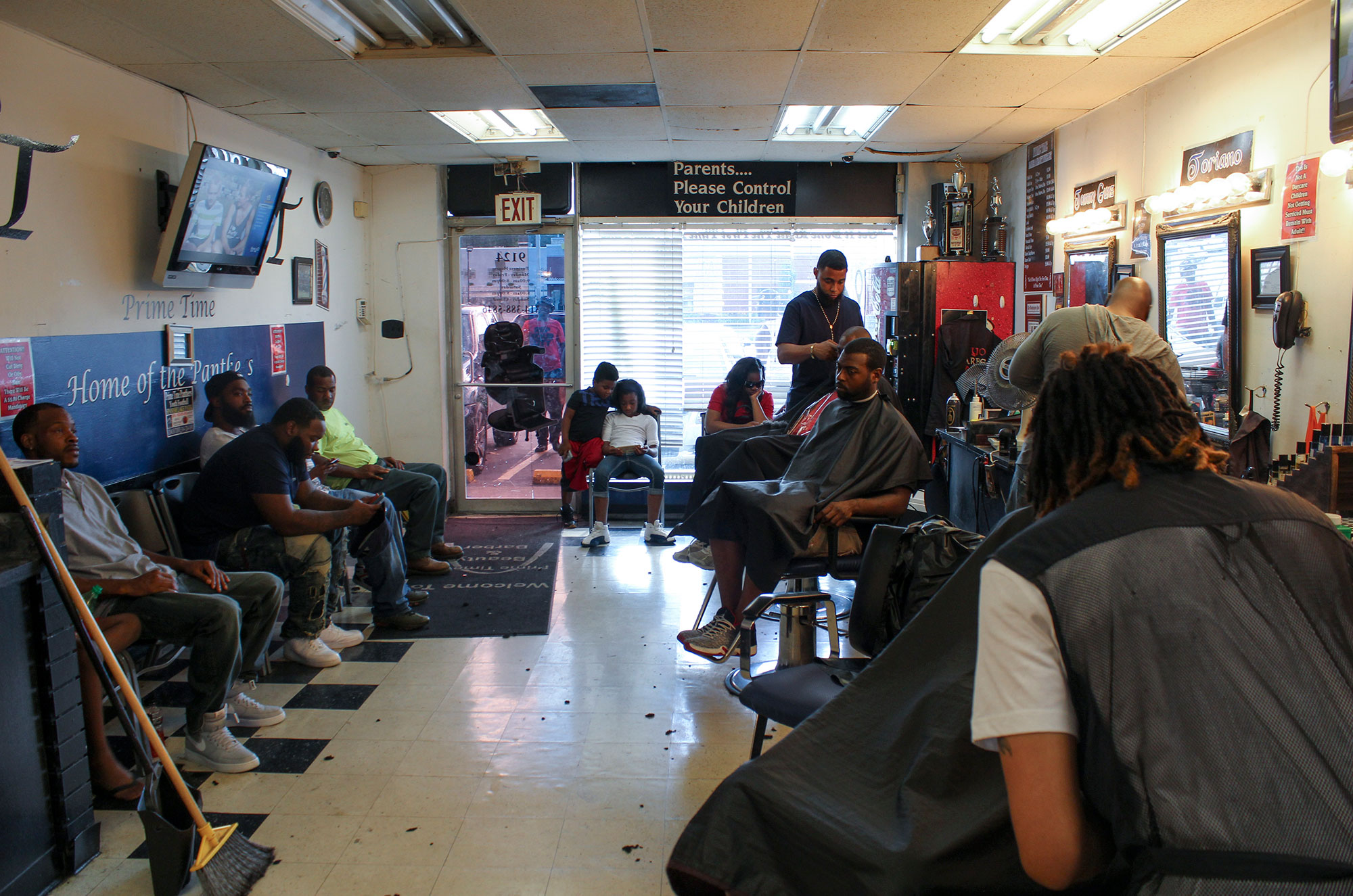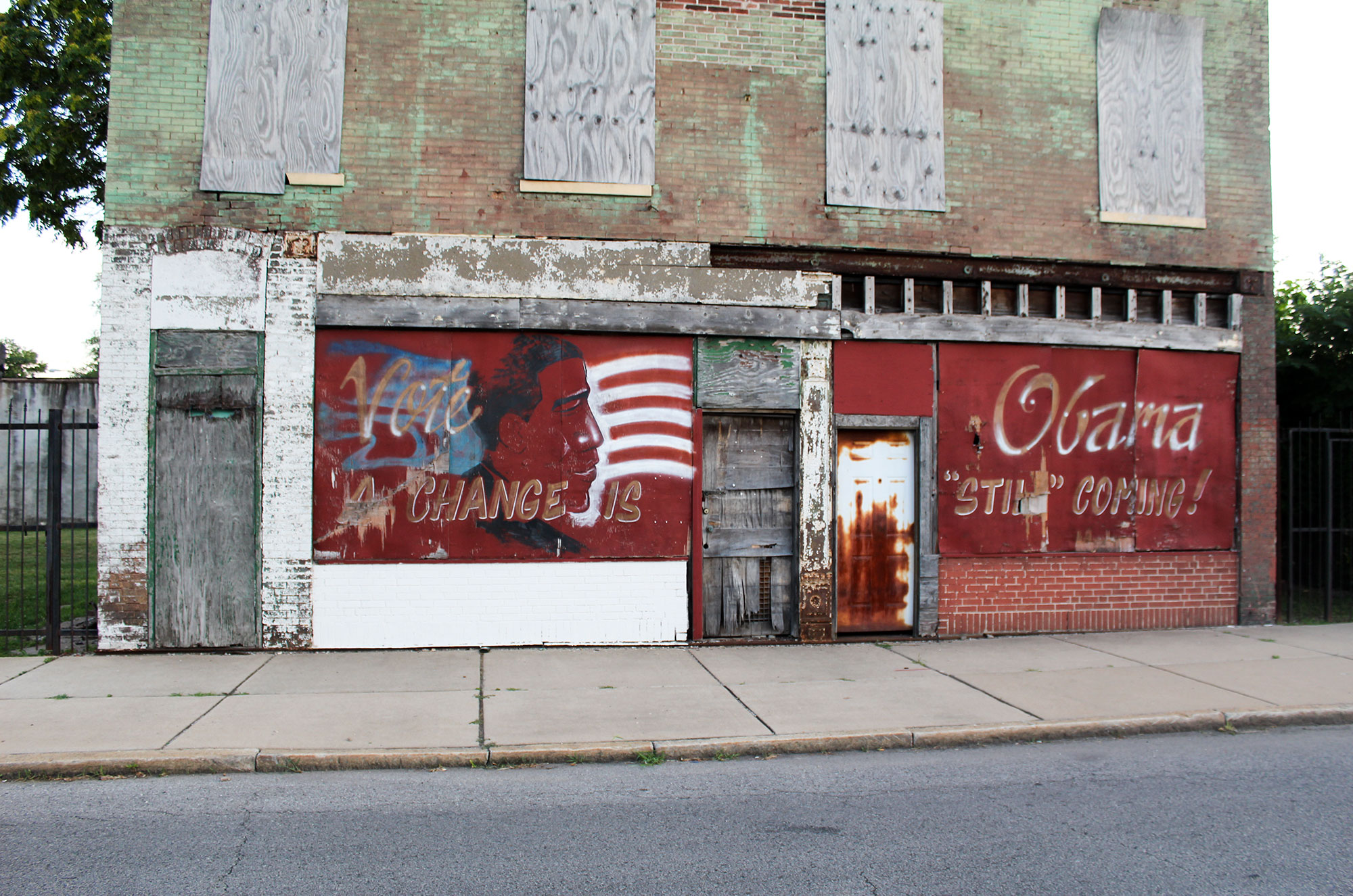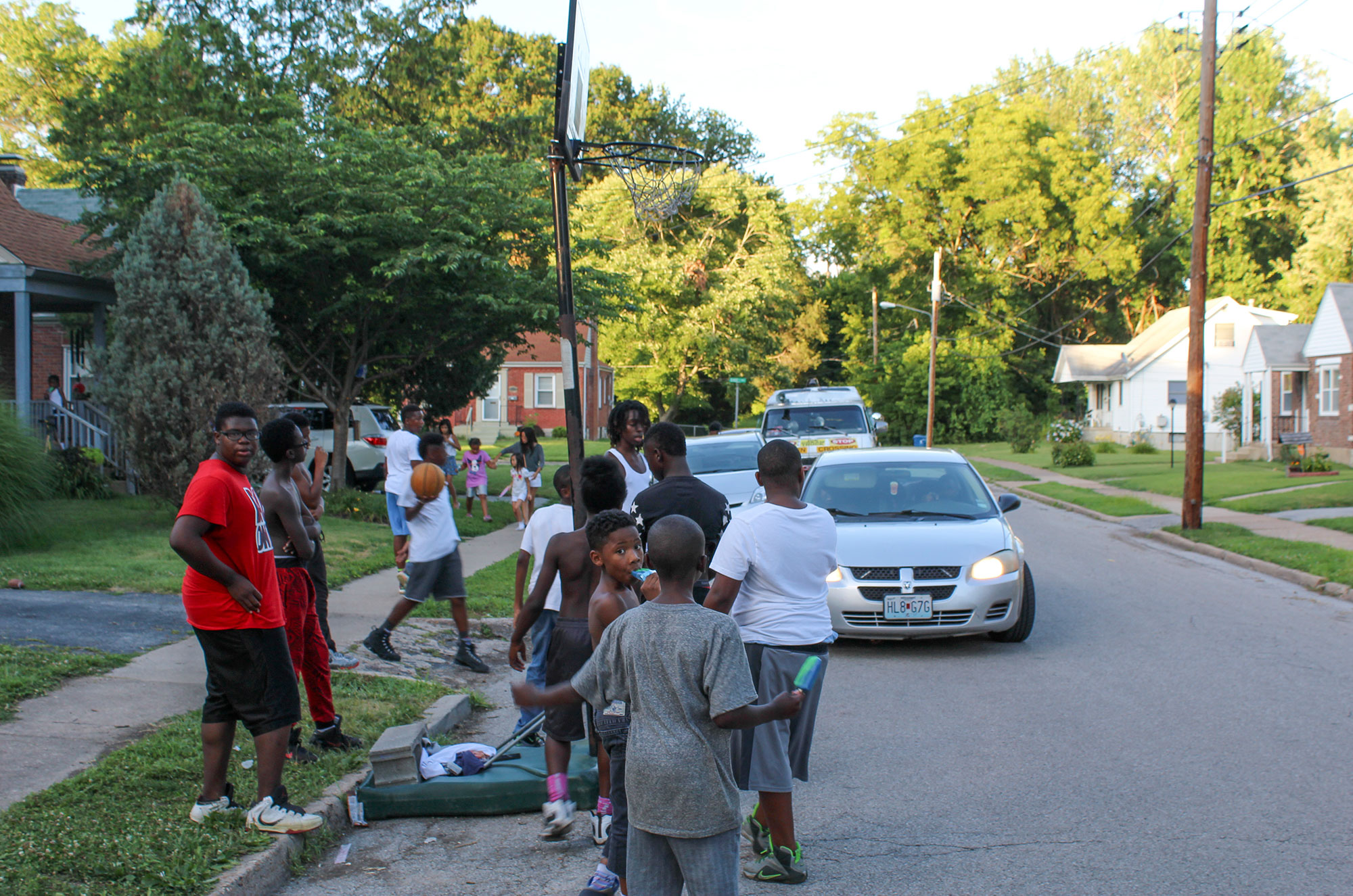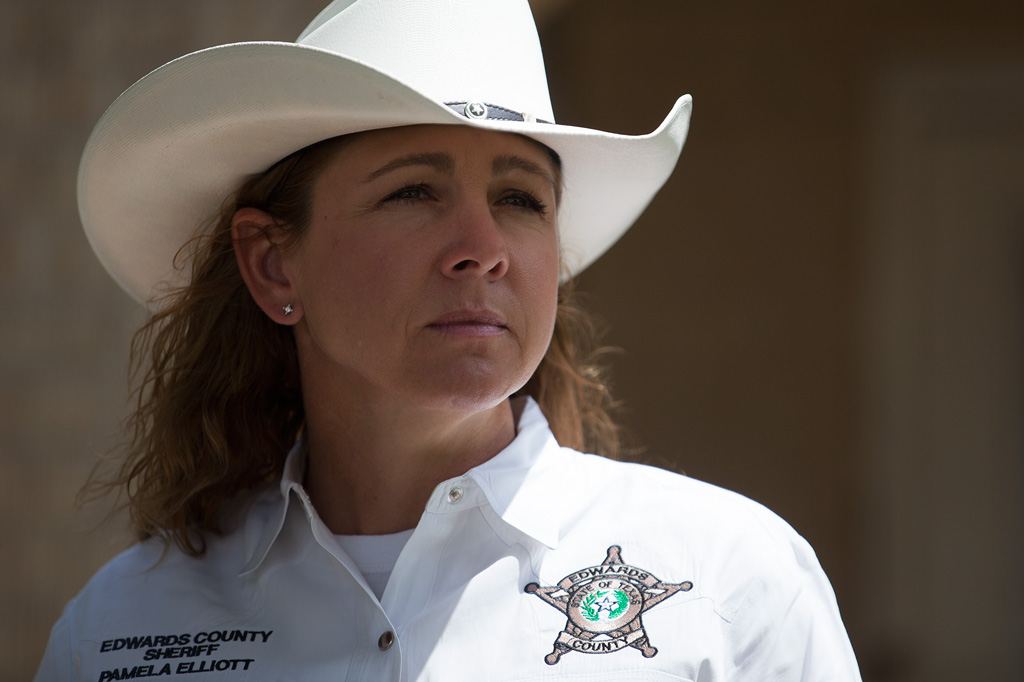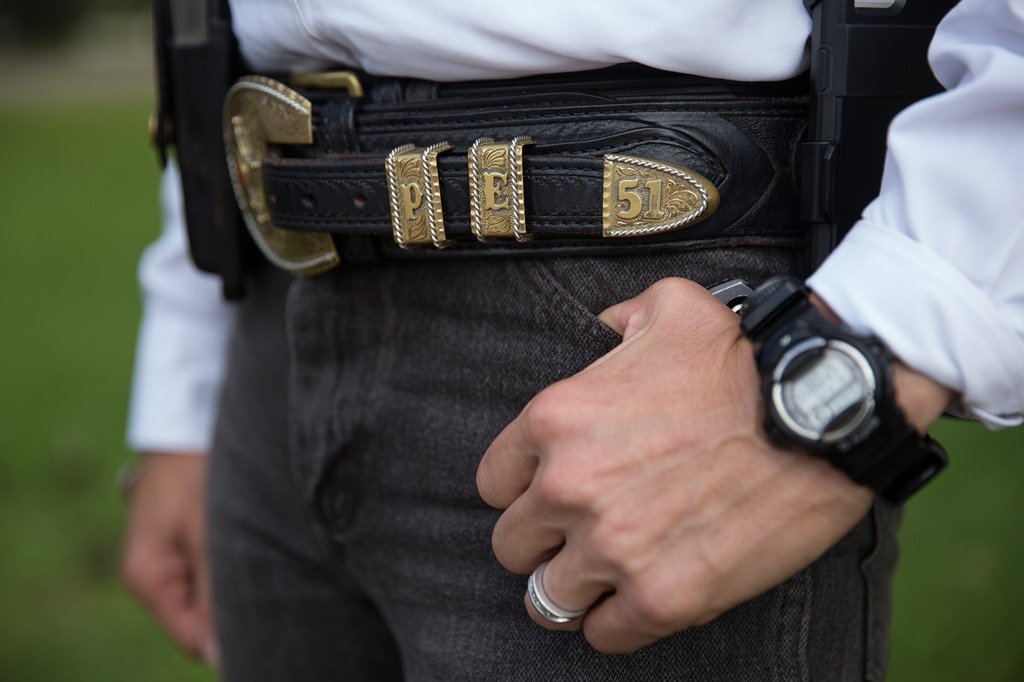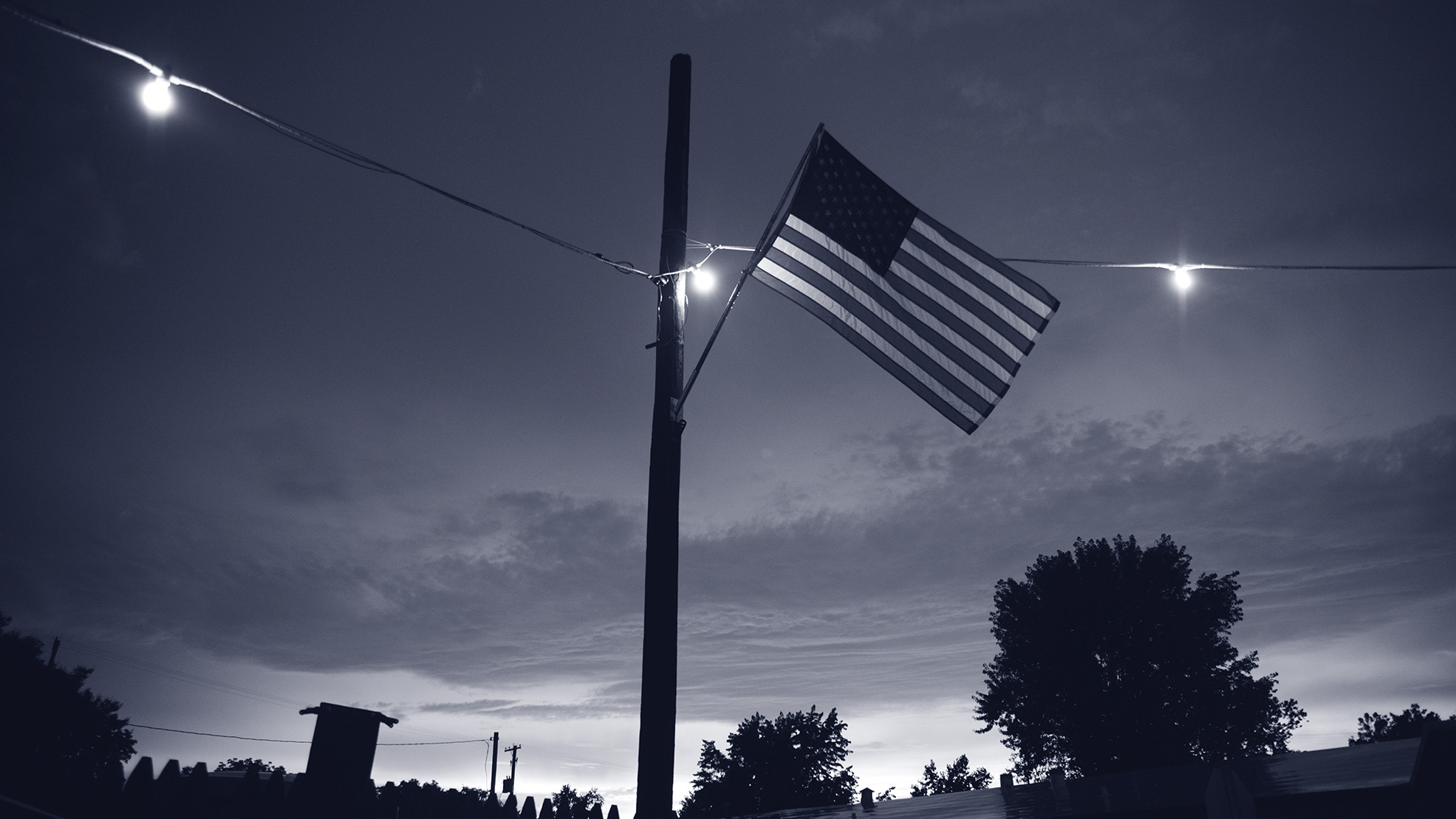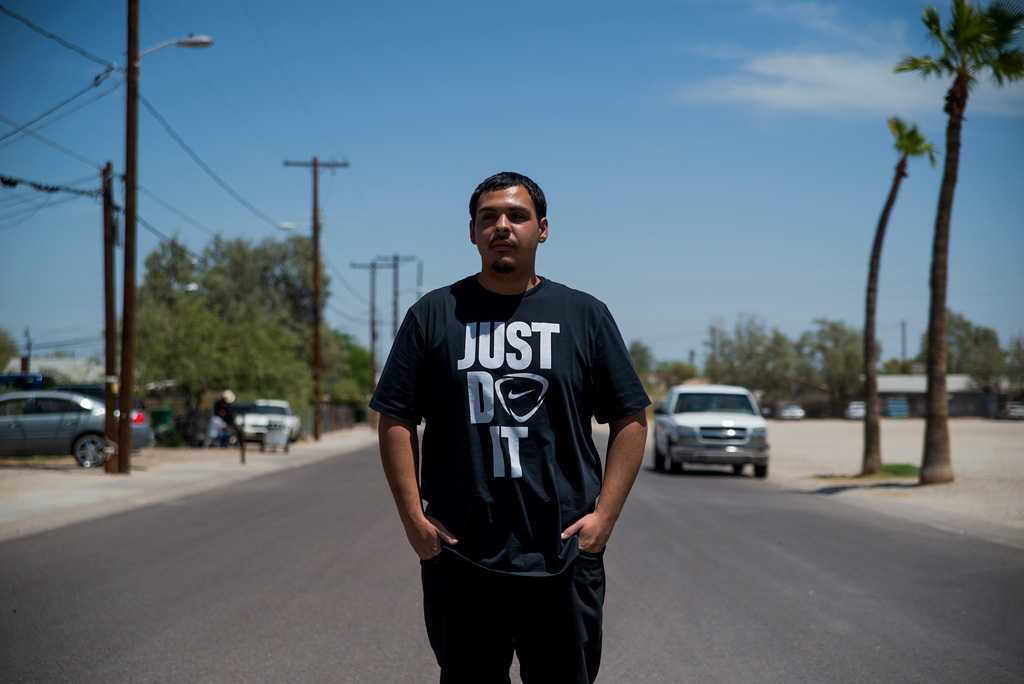Since the last presidential election, politicians in 20 states have passed dozens of new voting laws, which means millions of Americans will face unprecedented requirements to vote.
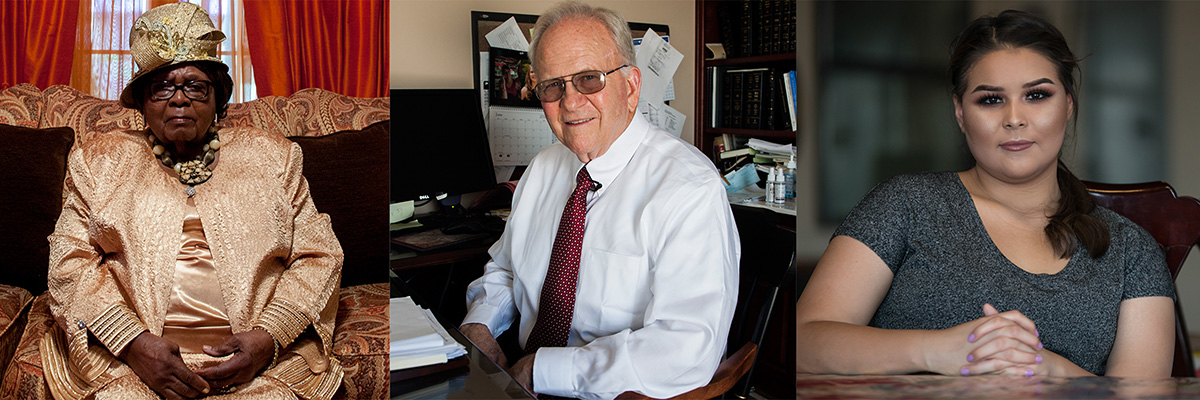
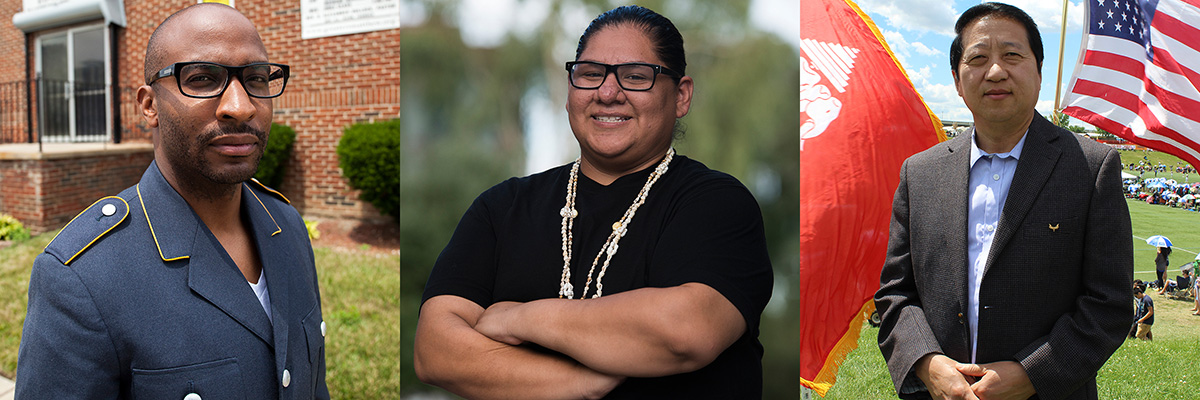
These new laws were nine times more likely to be passed by Republican-led legislatures than those controlled by Democrats, a News21 analysis found. [Read more]
State officials removed millions of people from voter rolls in 2014. The purges disproportionately affected minority or low-income voters in some communities and white voters in others, a News21 analysis shows.
Republican politicians assert that voter fraud is a threat to democracy. But is it? See what’s happened since 2012.

Nowhere in America is the debate over voting rights more symbolic than in Shelby County, Alabama where Frank “Butch” Ellis successfully sued the U.S. Department of Justice over provisions of the Voting Rights Act, a move civil rights activists in the South say left the African-American vote at its most vulnerable in decades.
Since the passage of the 1965 Voting Rights Act, black representation in Congress has grown to near parity with America’s racial composition, except in the South, where political representation still does not resemble the community.
Since 2013, attorneys have filed at least six lawsuits about voting access for Native Americans.
Asian-Americans face multiple barriers when it comes to voting, including language challenges. One in 3 Asian-Americans speaks limited English, according to U.S. Census Bureau data.
“My name is ____ , and I'm an American”
More than 5.6 million people live in communities where state officials have taken over distressed public schools, leaving parents without a school board — or a say in their children’s education.
Ferguson voters have elected three African-Americans to the City Council, which then hired the city’s first black police chief.
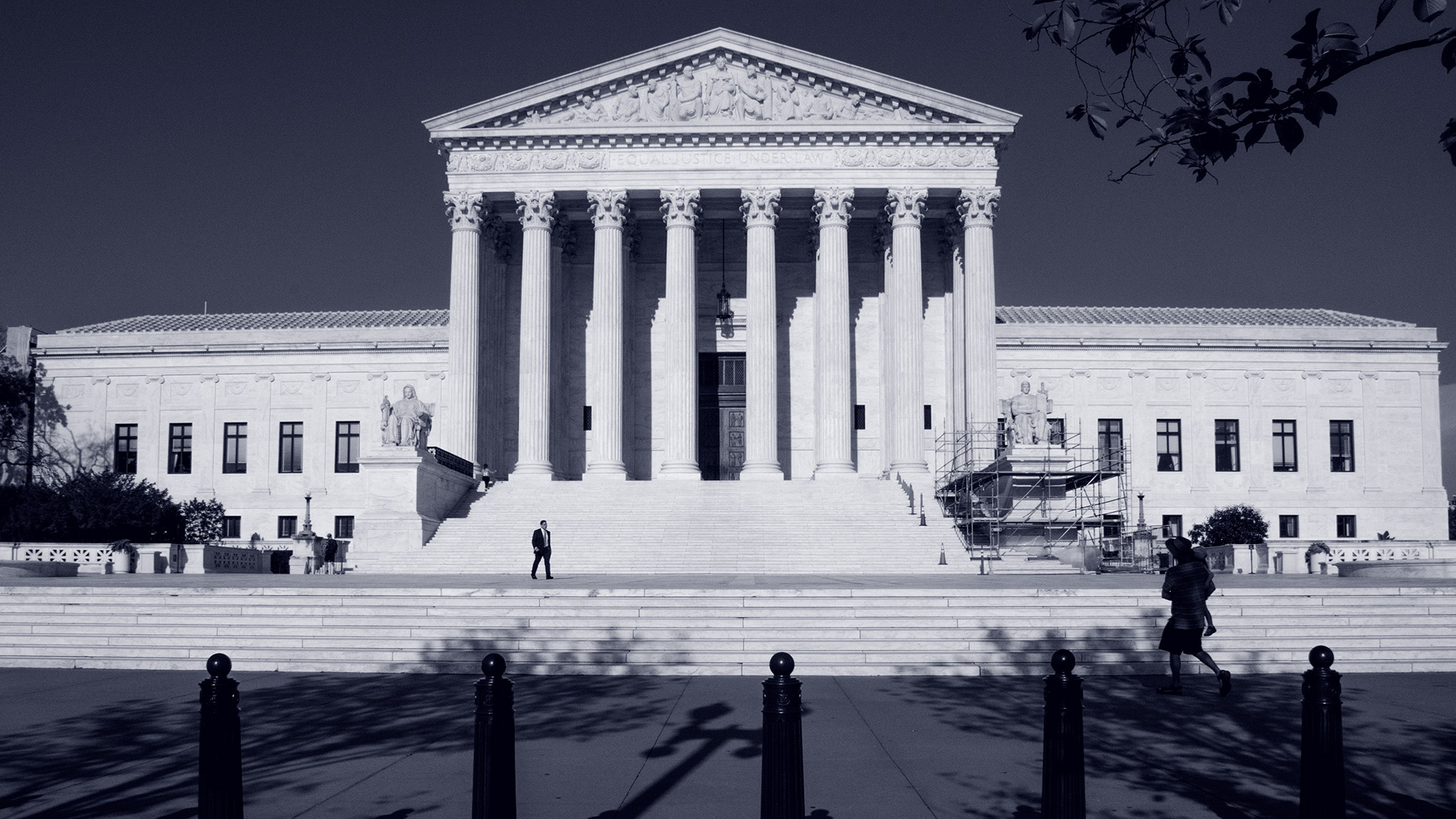
For years, Kansas Secretary of State Kris Kobach has been a strident foe of illegal immigration, pushing for Kansans to provide proof of citizenship to register to vote. Though repeatedly defeated in court, one remaining case will decide whether thousands of Kansans will be able to vote in November.
Texas Sheriff Pamela Elliott diligently enforces voting laws in the West Texas town of Rocksprings. But like most of Texas, none of those involved voter impersonation.
California is the first and only state to pass a law that essentially allows plaintiffs to sue jurisdictions to switch from an at-large to a district voting system. Advocates say it helps ensure minorities have a better chance of electing people who understand their neighborhoods.
Politicians are deeply divided over restoring the right to vote to felons. Tayna Fogle, a Kentucky felon, had her rights restored 10 years ago. But it took her 15 years to get there.
Want to increase or decrease voter turnout in your state? Try your hand at passing legislation to game the system.

